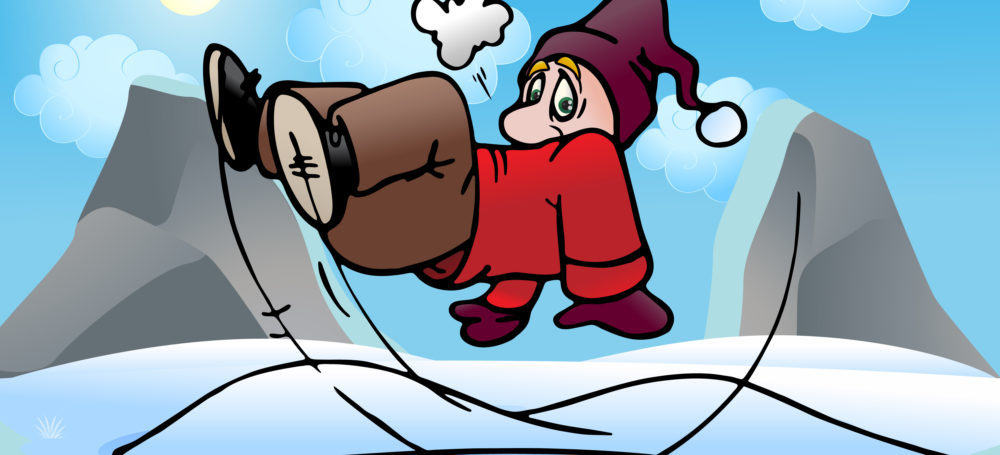Illinois residents understand that our winters always include snow, sleet, and ice storms. As we anticipate additional winter weather, property owners are preparing to clear ice and snow from their parking lots, driveways, and sidewalks. The Snow and Ice Removal Act in Illinois is an important aspect of litigating cases that involve a slip and fall injury occurring on an icy or snowy surface.
Generally, the Illinois Snow and Ice Removal Act provides immunity to residential property owners for liability in connection with their voluntary snow and ice removal efforts. The purpose behind the Illinois Snow and Ice Removal Act is to encourage, not discourage, residential property owners to clear the sidewalks abutting their residences.
The Illinois Snow and Ice Removal Act states generally that a residential property owner “who removes or attempts to remove snow or ice from sidewalks abutting the property shall not be liable for any personal injuries allegedly caused by the snowy or icy condition of the sidewalk resulting from his or her acts or omission unless the alleged misconduct was willful or wanton.” 745 ILCS 75/2.
Additionally, Illinois Courts invoke the Natural Accumulation Rule, which generally provides that a property owner does not have a duty to remove natural accumulations of snow, ice, or water from its property. However, the Natural Accumulation Rule is not a complete defense of liability for business or property owners. Instead, Illinois courts have found that a property owner has a duty to maintain a safe ingress and egress for invitees to the property, regardless of the natural accumulation of ice and snow.
Illinois property owners and business owners who voluntarily remove snow and ice may be liable. For example, a business owner who voluntarily remediates the snow and ice accumulation may be liable under certain circumstances, including: (1) if the unnatural accumulation of ice or snow resulting from the snow/ice removal causes injury to a person, (2) if the business performs the removal efforts negligently, or (3) if the business owner aggravates a natural condition leading to an injury.
Liability of a property owner in cases involving a slip and fall injury on snow and ice are always very fact specific. However, it is important for residential and business property owners to understand the Illinois Snow and Ice Removal Act and the Natural Accumulation Rule to better protect themselves against potential liability. If you have any questions about cases involving a slip and fall on snow or ice, please contact any of our very talented attorneys at Dershow Law Group.
Disclaimer: The information on this website is provided for information purposes only, and should not be construed as legal advice. The transmission of this website and/or communication with Dershow Law Group, P.C. does not constitute or create an attorney-client relationship between Dershow Law Group, P.C. and any recipients.


No comments yet.